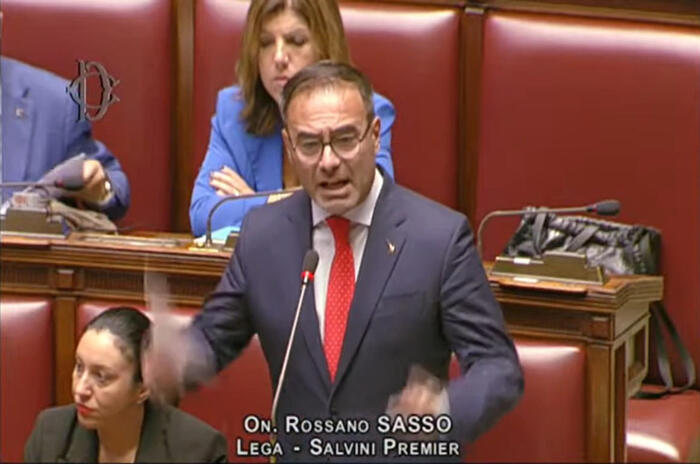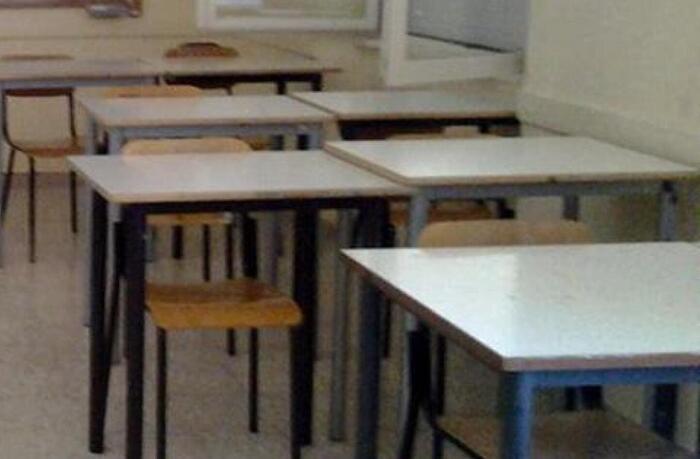A new school cycle begins and we face the decision to stop the inertia of Argentine educational failure, aggravated by the closure of schools in a pandemic, or not to do so.
The journal Nature Human Behavior has just published an exhaustive study on the effects of school closures on learning.
It is a systematic review of 42 rigorous investigations from 15 countries, which assesses the persistence of learning deficits two and a half years after the start of the pandemic.
The concept of "learning deficit" refers to the expected delay in learning and the loss of skills and knowledge already acquired that allow for continued learning.
The results of the study indicate that students lost an average of 35% of learning in a school year and that learning progress, once classes resumed, has slowed down.
It is proving difficult to make up for the deficit, which tends to persist.
That deficit is greatest for students from disadvantaged socioeconomic backgrounds, in math more than language, and in lower-income countries that already underperformed and had longer closures with fewer capacities to support learning.
There is Argentina.
The deficit affects future educational and employment opportunities and has implications for growth and social cohesion.
The issue should keep us awake at night, unless we opt for a country of zombies that depend on welfare, with no more right than the obligation to vote every two years.
If we aspire to a country of free citizens and a dignified life, educational policies are urgent to reverse this deficit.
Protection and increasing school time are some of the ways with the greatest potential to achieve this.
Last year, at the same time that it decreed new holidays, the national government signed agreements with the provinces to extend the school day by one hour, but nothing is known about the implementation of those agreements.
In the City of Buenos Aires, to avoid the suspension of classes, the government moved the institutional paid days to Saturdays and the unions rejected it.
Classes begin and the goal of 190 days set by the Federal Council of Education in 2021 should be met. But only a few provinces plan to meet it.
And, even if they planned to, there are various reasons for interrupting classes and there are no incentives to stick to the schedule.
With the banality of evil, days are wasted to celebrate a soccer championship, to repudiate a political event, because of the cold, because of the heat, because there are union elections, for a saint's day, because the buildings are broken, because unemployment, the teaching statute, low salaries or because it is carnival.
In the country, there are no precise data on absenteeism, except for Mendoza, which does detailed monitoring and found that school absenteeism grew 5 points after the pandemic.
According to the PISA international evaluation that measures absenteeism and late arrivals of teachers and students, Argentina leads the list of countries for school absenteeism and it would be likely to link it to the discontinuity of the calendar.
Last year, members of the Padres Organizados movement, which was instrumental in reopening schools when the national government insisted on “schoolicide”, monitored effective school days in some provinces.
In Neuquén, kindergartens, between holidays, institutional conferences and teacher conferences, lost a little more than three average days per month, not counting teacher absences, strikes and infrastructure problems.
There the boys abandoned the habit of going to class for a full week.
Another case from Neuquén: in the first grade of a public school, in the first quarter, not counting holidays, three days were lost in March (unemployment, teacher absence, and Women's Day, de facto non-working), in April, four days (Fuentealba strike, two days due to lack of water and one due to weather alert) in May, six days (institutional day, teacher absence, lack of water, Census, and two days due to change of heaters).
Apparently, losing classes has a lower cost than solving the water supply, that's how miserable the bill is.
Another case, in the elementary schools of Santa Fe: in August there were ten days of unemployment and a holiday to commemorate General San Martín.
How to explain to the boys that Paro is not a more important superhero than San Martín?
In the absence of effective policies, civil society monitoring must continue and intensify because it is necessary to make school deprivation evident.
The school becomes an intermittent and arrhythmic signal, weak as the resonance of an echo that is extinguished.
Extinction must be stopped because school matters, going to school every day matters, the future matters.
Of course, it is necessary to ensure that powerful learning occurs, but without classes, without protecting school time, all that remains is the street, the weather, the void.
Classes every day for all the children in all the schools, it is a basic and priority goal.
It will undoubtedly be a slogan for the next electoral campaign, but for it to happen a lot of work is required.
The responsibilities are shared, although not identical;
national, provincial and municipal government, each school, each teacher, each family, each student, must embrace the goal.
Claudia Romero is a Doctor of Education, Professor and researcher at the Di Tella University









